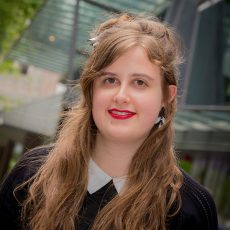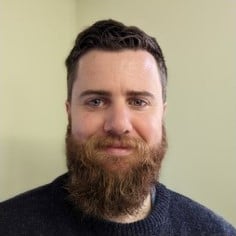Items with Tag: CRADLE Seminar Series
CRADLE Seminar Series #6: An increasing role for theory in academic integrity research and practice: Some Psychology studies, statistics and stories – 12 July 2022 – Join Us!
8 June 2022
Please join us for a discussion on theory in academic integrity research and practice from Dr Guy Curtis, UWA. In this presentation Guy will highlight and unpack intriguing and contentious questions surrounding the roles of observation and theory in academic integrity research.
CRADLE Seminar Series #5: Developing students’ evaluative judgements: pedagogical activities and practices – 7 June 2022 – Join Us!
10 May 2022
Join us to hear from CRADLE doctoral students and their latest research in evaluative judgement.
CRADLE Seminar Series #4: New directions for feedback seeking research and practice – 3 May 2022 – Join Us!
11 April 2022
Join us to hear 'New directions for feedback seeking research and practice' from Professor David Carless, University of Hong Kong. In this presentation David, an Honorary Professor with CRADLE, will discuss the concept of feedback seeking and its impact on teaching, learning and motivation.
CRADLE Seminar Series #3: Developing feedback literacy: case studies from multiple disciplines – 5 April 2022 – Join Us!
22 March 2022
Please join us for our third seminar of 2022 by CRADLE's Professor Phillip Dawson and Dr Joanna Tai along with Development Partners Dr Kelli Nicola-Richmond and Dr Christine Contessotto. The team will discuss outcomes of a project investigating ways of improving student feedback literacy. This project is part of CRADLE’s Development Partners scheme.
CRADLE Seminar Series: Re-Imagining Exams: how do assessment adjustments impact on inclusion? – 15 March 2022 – Join Us!
2 March 2022
Please join us for our second seminar of 2022 by Dr Joanna Tai on exams, assessment adjustments and inclusion.
CRADLE Seminar Series: Making Assessment Work for Learning – 22 Feb 2022 – Join us!
4 February 2022
Please join us for our first seminar for 2022! This informative and interactive presentation will be delivered by Massey University’s Prof. Roseanna Bourke. Lifelong learning requires a person to have strong self-assessment skills if they are to plan for their own learning, and to self-assess that learning in work and life settings beyond the formal higher education setting.



















